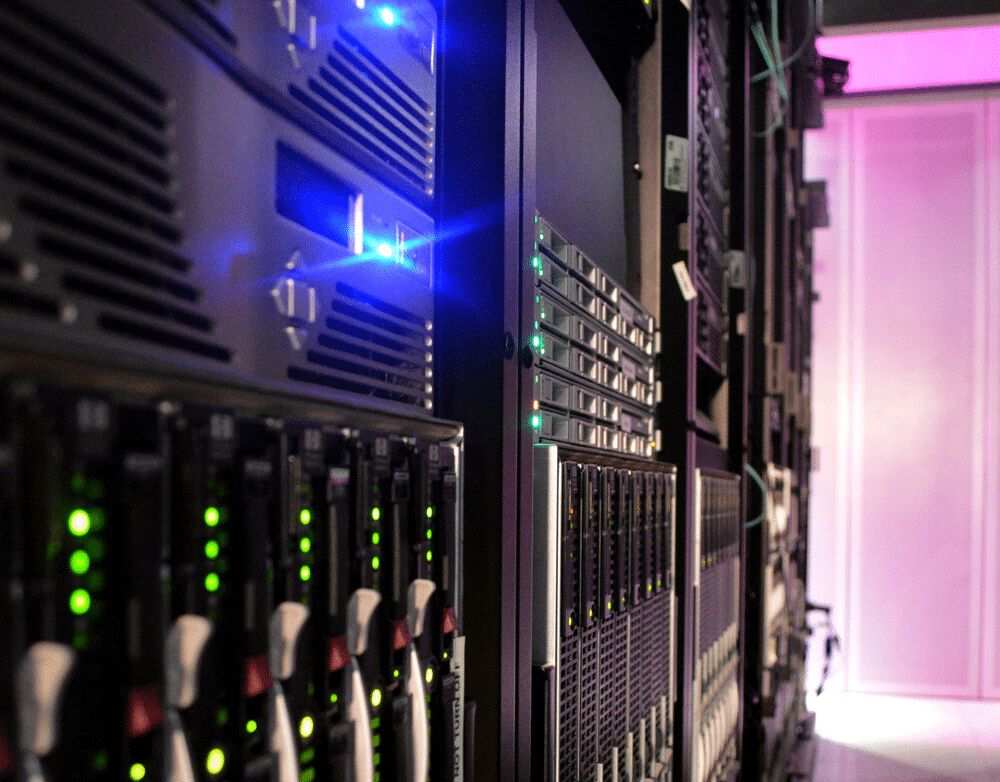Bioinformatics at EMBL-EBI
Researchers at EMBL-EBI make sense of vast, complex biological datasets produced using new and emerging technologies in molecular biology.
Analysing data to unravel biological complexity
Computers have revolutionised the way we live, work, and communicate. The life sciences have benefited enormously from the advances in data collection, storage, and analysis that computers make possible.

Bioinformatics applies these advances to biological datasets. This enables researchers to do things like determine all the genes that are expressed in a bacterial community or tumour sample, or to model how cells within a tissue interact. Bioinformatics allows scientists to analyse vast datasets, such as the genomes of thousands of cancer patients. All of this is powered by algorithms: small computer programs that apply a defined set of instructions to datasets. Algorithms are constantly being refined. With machine learning techniques, it’s even possible to teach algorithms to train themselves to become better at a task.
At EMBL, bioinformatics approaches are used and further developed on a daily basis. Almost every scientist working in molecular biology will at some point need to carry out bioinformatic analysis of their data. To this end, EMBL has established cross-disciplinary centres to connect experimental researchers with bioinformaticians. These centres specialise in different aspects of bioinformatics research, such as computational modelling, statistical data analysis, or image analysis.
Dedicated support staff offer seminars and workshops, advising researchers on how to acquire data and maximise the knowledge gained from a single experiment. At EMBL-EBI, a special focus is on providing bioinformatics services. Bioinformaticians at EMBL work in all research units. Together, they form a lively interdisciplinary community for exchanging ideas, both within EMBL and with collaborative partners elsewhere.
From microscopy to mycology, from development to disease modelling, EMBL researchers cover a wide range of topics in the biological sciences.